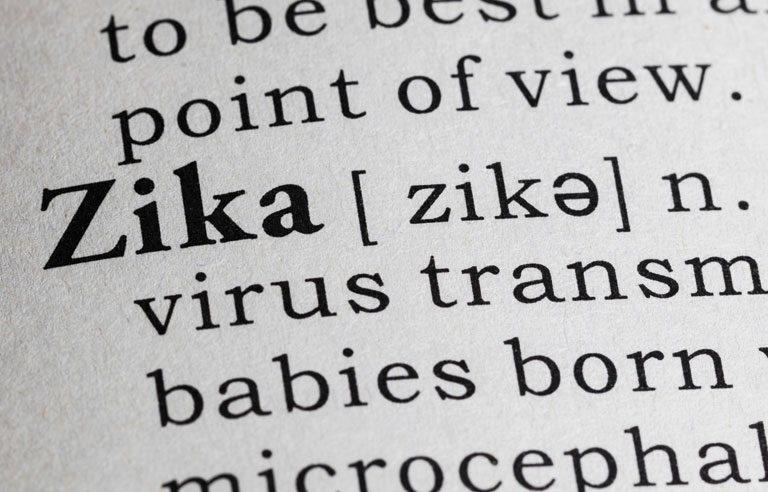Protecting the workforce from Zika

Although the Zika virus has been in the news for much of 2016, many questions remain about the different ways it can be transmitted.
On July 20, the National Safety Council, together with the Centers for Disease Control and Prevention and NIOSH, attempted to answer those questions in a webinar focused on the Zika virus and how the workforce can be protected.
Zika 101 for Employers and Employees featured Dr. Satish Pillai, deputy incident manager for CDC’s Zika response team, and Jill Shugart, assistant program coordinator for emergency preparedness and response at NIOSH.
Zika is most commonly transmitted through the bite of an infected species of mosquito. However, the virus also has been transmitted through sexual activity among humans, during blood transfusions or via laboratory exposures such as a needlestick. An infection from the virus in pregnant women has been linked to severe birth defects, including microcephaly.
The virus has been prevalent in South and Central America and the Caribbean but has been reported in other parts of the world.
At present, however, no Zika-infected mosquitoes have been found in North America, Pillai said, and about 80 percent of cases show few or mild symptoms. The most common symptoms include fever, rash, conjunctivitis and joint pain.
No vaccine had been developed as of press time.
The outdoor workforce
In interim guidance released in April, OSHA and NIOSH identified outdoor workers – including those involved in mosquito control, health care and laboratory workers, and business travelers – as being most at risk for exposure to Zika.
During the webinar, Pillai shared guidelines for outdoor workers. Among them:
- Use outdoor insect repellent.
- Wear clothing treated with permethrin but do not use the repellent directly on the skin.
- Remove standing water around a workplace because it is a common breeding ground for mosquitoes.
- Empty/scrub/turn out water-holding items once a week.
- Tightly cover water-storage containers.
- Wear clothing that covers the hands, arms and legs.
- Drink plenty of water.
- Take rest breaks in shaded areas.
CDC also advises employers of outdoor workers to issue reminders about wearing appropriate clothing and inform workers about Zika virus. If an employer suspects a worker has been exposed to Zika, he or she should do the following:
- Ensure all potentially exposed people are made aware of the symptoms of Zika.
- Train workers to seek medical attention if they develop symptoms.
- Ensure workers receive prompt medical attention.
- Consider granting sick leave during the infectious period.
CDC also noted that a worker who is pregnant or planning to become pregnant may want to be reassigned to a job that primarily has indoor duties.
Other exposed industries
People who work in the health care field or in laboratories should follow standard infection control and biosafety practices, including hand hygiene and the use of personal protective equipment, CDC states. Management also should ensure lab facilities and practices meet the appropriate biosafety level relative to the type of work being conducted.
CDC’s advice for business travelers: Consult a doctor before visiting a Zika-infected area. Pregnant women should not travel to Zika-infected areas. The agency suggests that employers consider allowing travel flexibility if an employee is concerned about exposure.
If a traveler returns from a Zika-infested area and does not feel sick, that individual should still practice mosquito bite prevention measures for three weeks. A person who has the virus can spread it to uninfected mosquitoes if bitten.
“Anyone who lives in or travels to an area with Zika and has not already been infected with Zika may be infected or at risk of infection,” Pillai said.
If any worker, regardless of job duties, displays symptoms associated with Zika, he or she should visit their doctor or health care provider.
Post a comment to this article
Safety+Health welcomes comments that promote respectful dialogue. Please stay on topic. Comments that contain personal attacks, profanity or abusive language – or those aggressively promoting products or services – will be removed. We reserve the right to determine which comments violate our comment policy. (Anonymous comments are welcome; merely skip the “name” field in the comment box. An email address is required but will not be included with your comment.)

